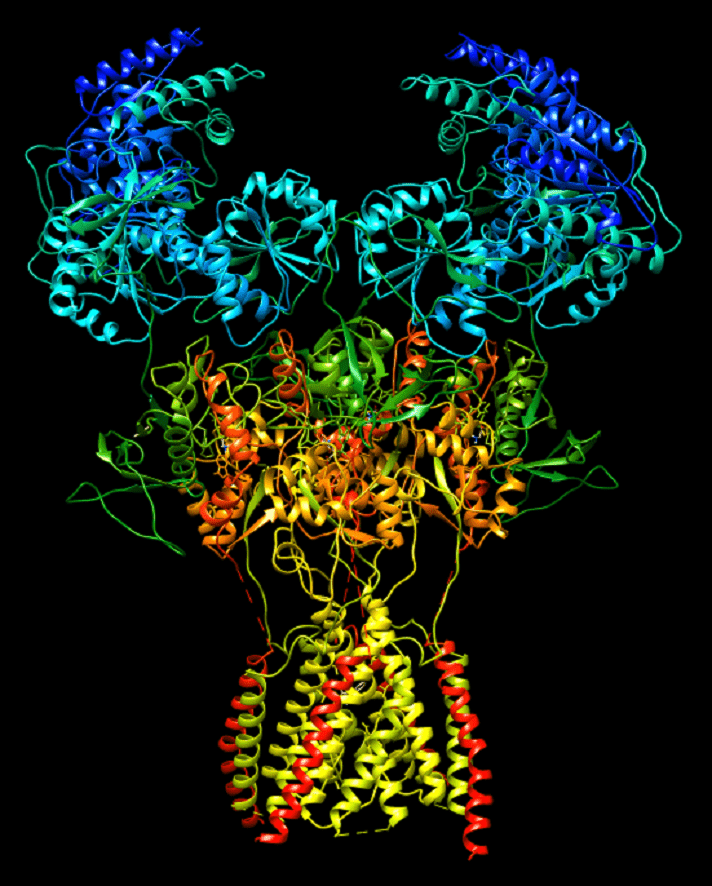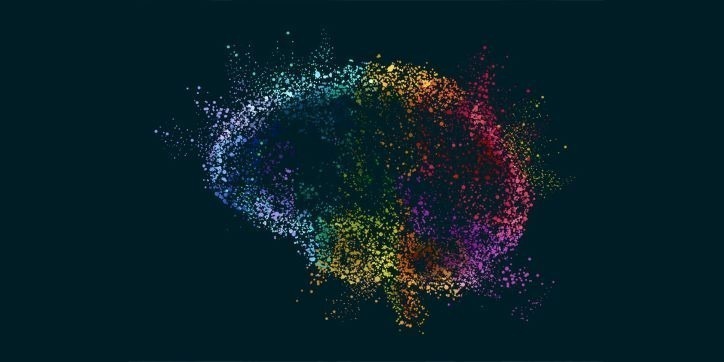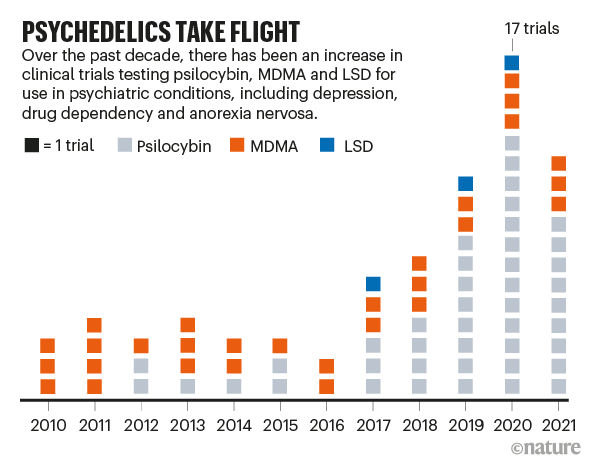Posts Tagged ‘psilocybin’
Study identifies cognitive benefits of ketamine in patients with treatment-resistant depression
Which factors determine what we believe about our world, ourselves, our past, and our future? Cognitive neuroscience suggests that our beliefs are dependent on brain activity, specifically on the way our brains process sensory information in order to make sense of our environment. These beliefs (defined as probability estimates) are central to our brain’s predictive…
Read MoreWhy MDMA-assisted psychotherapy may become an FDA-approved treatment for PTSD within 2 years
For people with post-traumatic stress disorder, recalling memories of physical or sexual assault, combat or disaster-related events can induce intense anxiety or panic attacks as well as debilitating flashbacks. In the U.S., about 7% of people suffer from PTSD and lose an average of about four working days each month as a result. Trauma-specific psychotherapy,…
Read MoreNext: Psychedelic-assisted psychotherapy?
How ecstasy and psilocybin are shaking up psychiatry (Nature): … The Imperial study was one of a spate of clinical trials launched over the past few years using illicit psychedelic drugs such as psilocybin, lysergic acid diethylamide (LSD) and MDMA (3,4‑methylenedioxymethamphetamine, also known as molly or ecstasy) to treat mental-health disorders, generally with the close…
Read More


